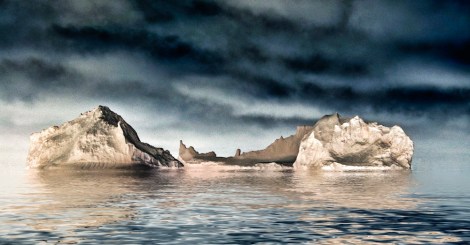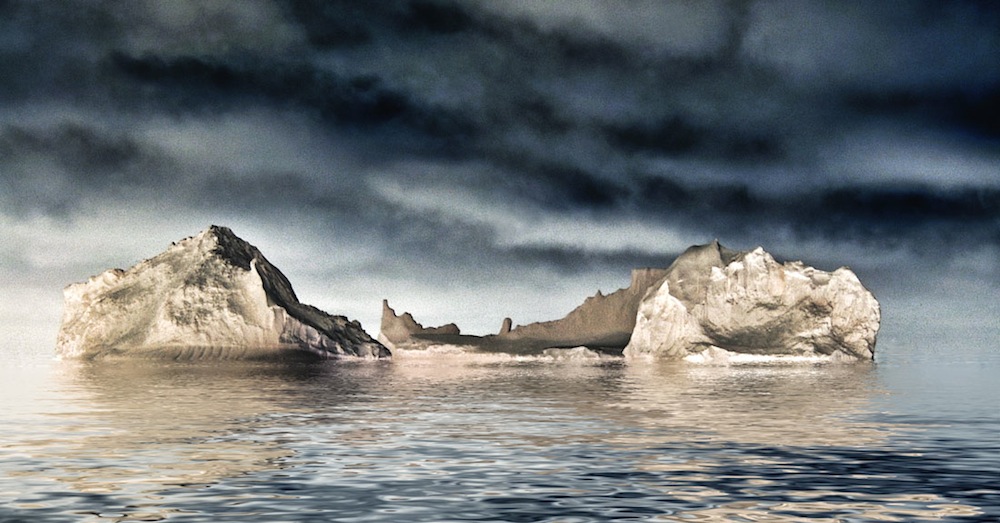Russia is almost as far away from the Antarctic as you can get without climbing aboard a spaceship, but it still wants to make sure it can fish the living hell out of Antarctic waters.

corttoThe Ross Sea in the Antarctic.
The U.S. and New Zealand have been pushing plans to create the world’s largest marine reserve, 890,000 square miles in the Ross Sea, an Antarctic bay in the Southern Ocean teeming with spawning fish, whales, seals, penguins, and other wildlife.
But that proposal was thwarted by Russia during the last two meetings of the multi-nation Commission for the Conservation of Antarctic Marine Living Resources. (Russia also blocked a separate bid by Australia and Europe to establish a similar but slightly smaller chain of reserves nearby in East Antarctica.) Chile, China, Japan, Korea, and Norway, also members of the commission, share some of Russia’s concerns about the economic impacts of fishing restrictions in the Antarctic.
Now comes word that New Zealand will likely propose a smaller reserve to accommodate the Russians. From Fairfax NZ, which operates newspapers in New Zealand:
[New Zealand Prime Minister John] Key said today officials are working on a new plan, ahead of talks in Tasmania next month. …
“This is the second attempt to get change, and if we are going to get change we are probably going to make some alterations,” he said today. …
[I]nsiders are speculating that as much as 40 per cent of the sanctuary, including important spawning grounds in the north, will be cut.
Environmentalists are calling for New Zealand and the U.S. to stand strong.
“It would be a missed opportunity to retreat from US Secretary of State John Kerry’s commitment earlier this year to the Ross Sea,” Andrea Kavanagh, director of The Pew Charitable Trusts’ Southern Ocean sanctuaries project, said in a statement. “We ask that US and New Zealand officials hold the line. The Ross Sea is one of the most beautiful and pristine areas left on Earth and we are urging governments to protect it.”



